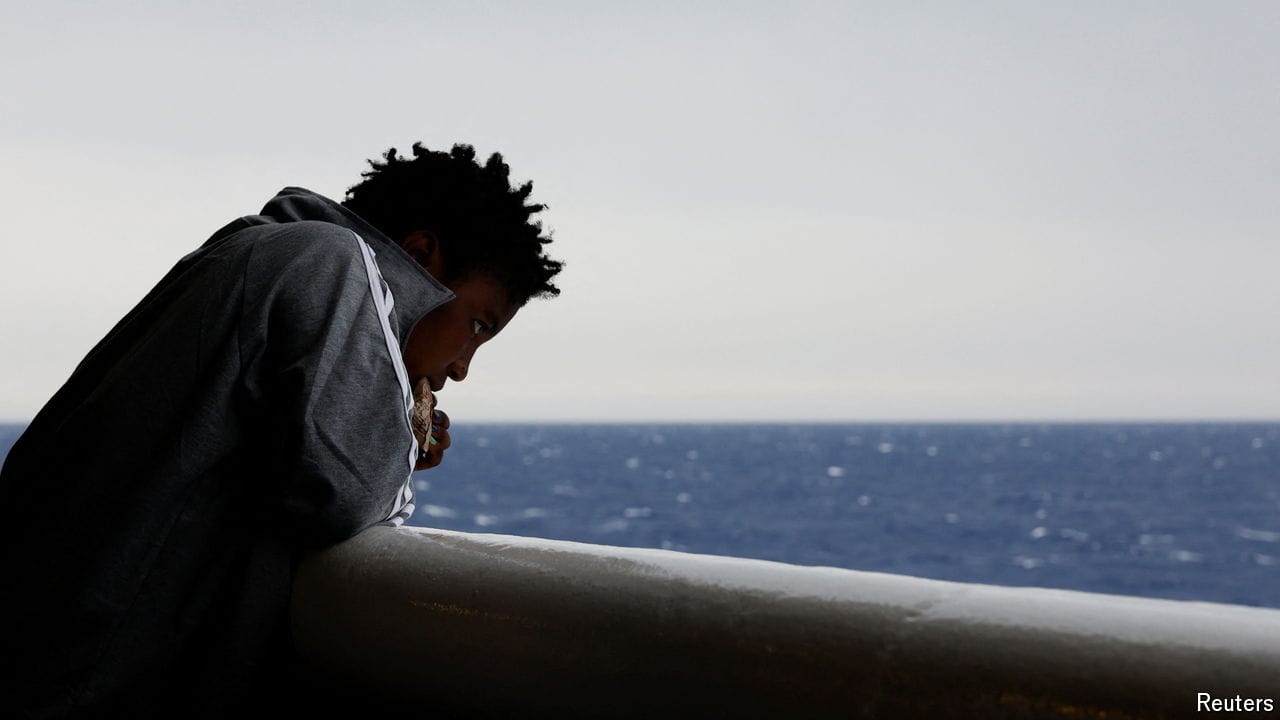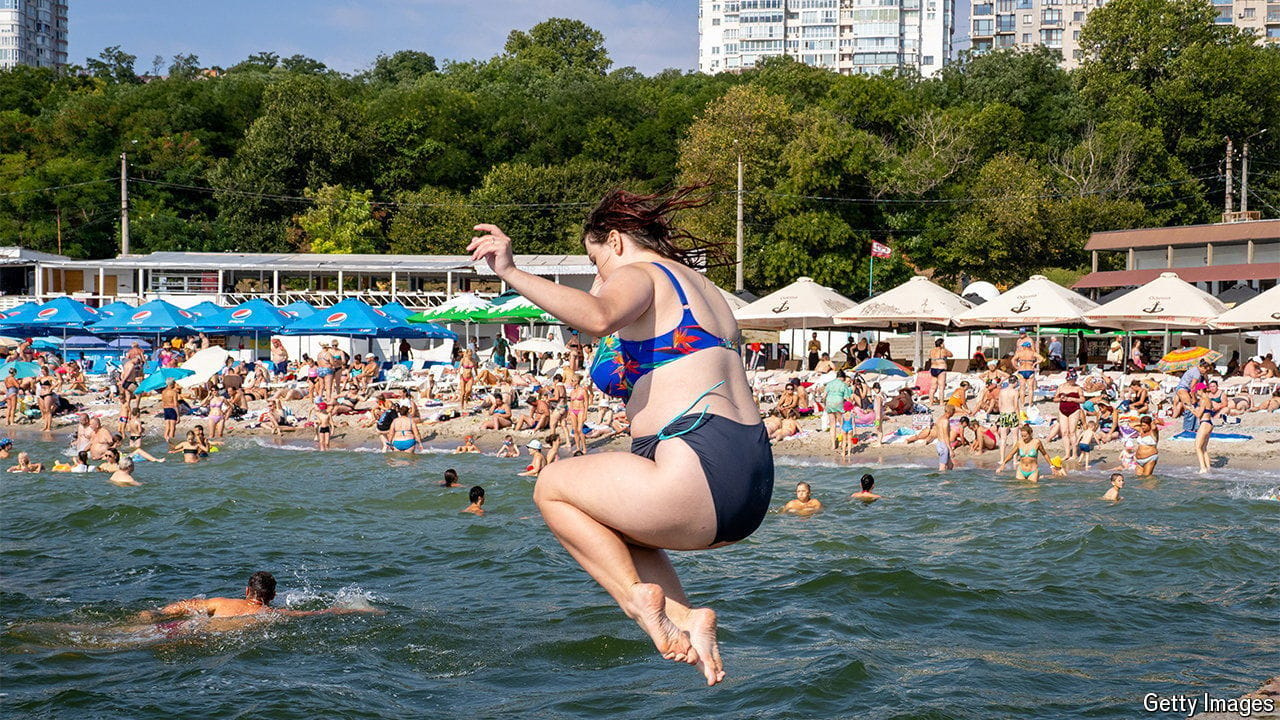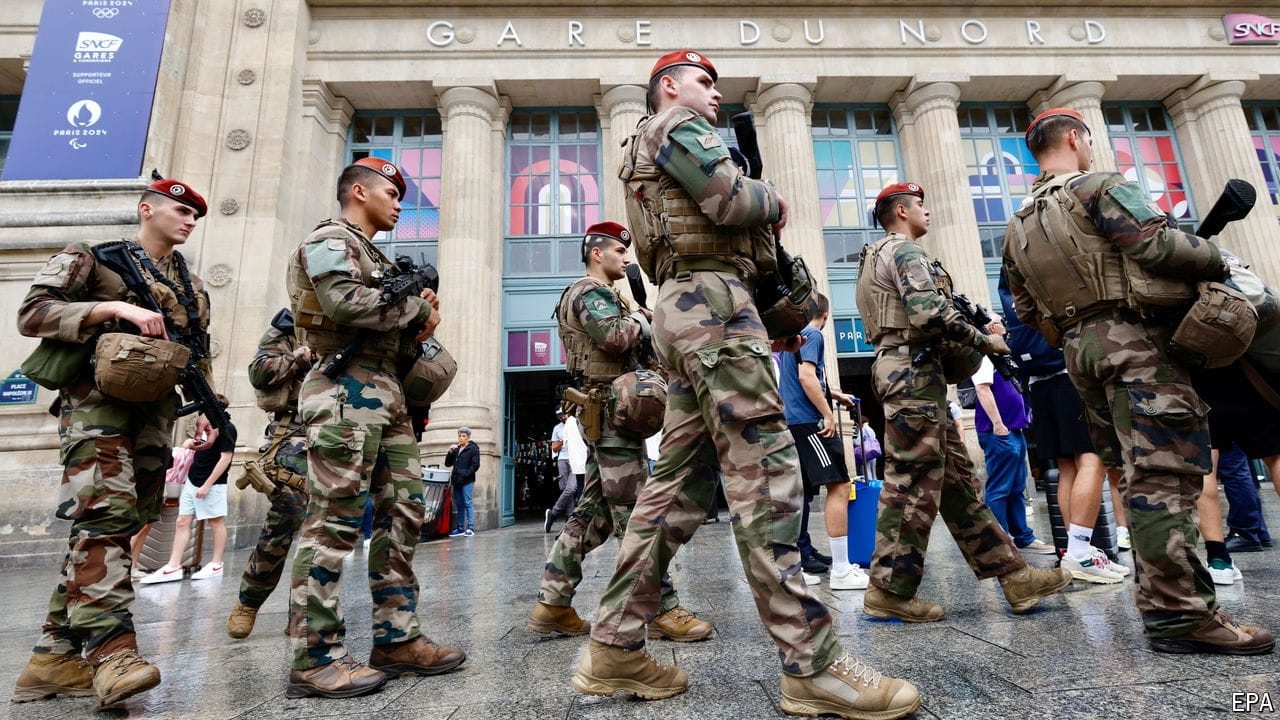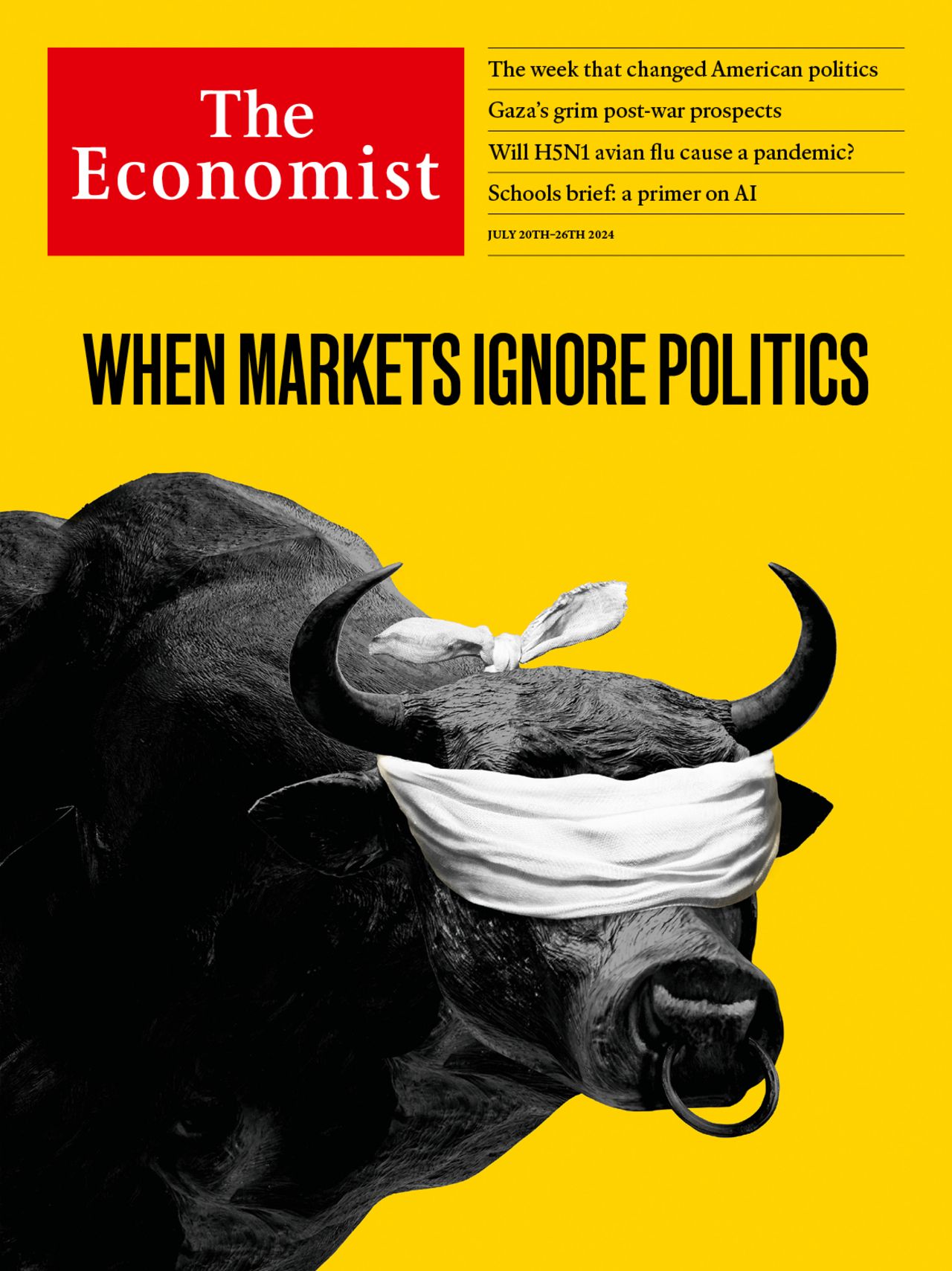Romania is now a magnet for the world’s medical students
But Romanian doctors are leaving

After struggling to land a place on a medicine course in France, Louise Louvet reluctantly heeded a friend’s advice: give Romania a chance. “I thought there was no way in hell I’d move there,” she says, now a sixth-year medical student at the University of Medicine and Pharmacy in Cluj-Napoca. A visit to the campus had quickly changed her mind. Crowds of international students and the school’s focus on practical care and teaching offered a welcome contrast to the dour rote-learning she had experienced in France. “After that, I said let’s do it.”
Louise’s case is hardly unusual. Romania pumps out a prodigious number of doctors each year. In 2021 the country boasted some 26 medical graduates per 100,000 inhabitants: higher than in almost any country in the OECD, a club of 38 mostly rich economies. Among those newly minted graduates, international students are edging out the locals. Figures from the OECD show that whereas overall places on medical degrees in Romania grew by 17% between 2011 and 2019, those on foreign-language medical courses leapt by 75%. Nearly a third of all medicine programmes in Romania are now taught in either French or English. In 2020, the last year for which government figures are publicly available, around 12,000 foreign students were studying for medicine, dentistry or pharmacology degrees.
This article appeared in the Europe section of the print edition under the headline “Pluses and minuses”
More from Europe

Will a new “pact” of ten laws help Europe ease its migrant woes?
It will require an extraordinary number of institutions to work together

Amid the bombs, Ukrainians rediscover the beach
Odessa gives itself permission to tan again

Who was behind the arson attacks on railways before the Olympics?
With thousands stranded, suspicion falls on Russia or Iran
Italian right-wingers have renamed Milan’s airport after Silvio Berlusconi
A finger in the eye of those who detested the late populist leader
European countries are banding together on missile defence
The Ukraine war shows how dangerously few interceptors they have
Peter Magyar is reinvigorating Hungary’s struggling opposition
Attacking Viktor Orban’s corruption wins votes for a political newcomer
